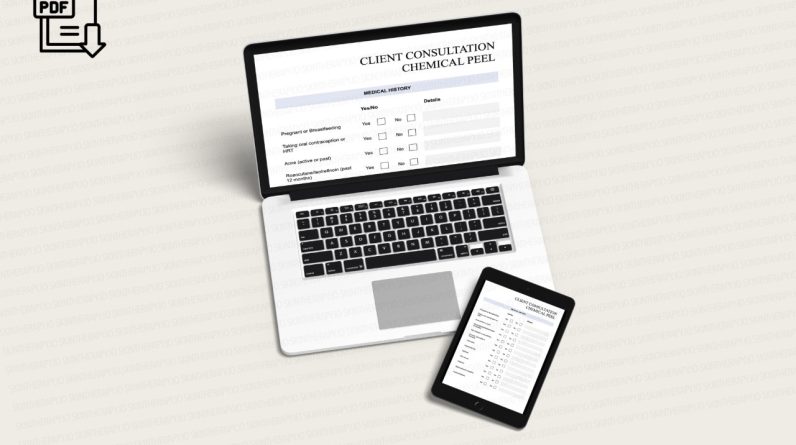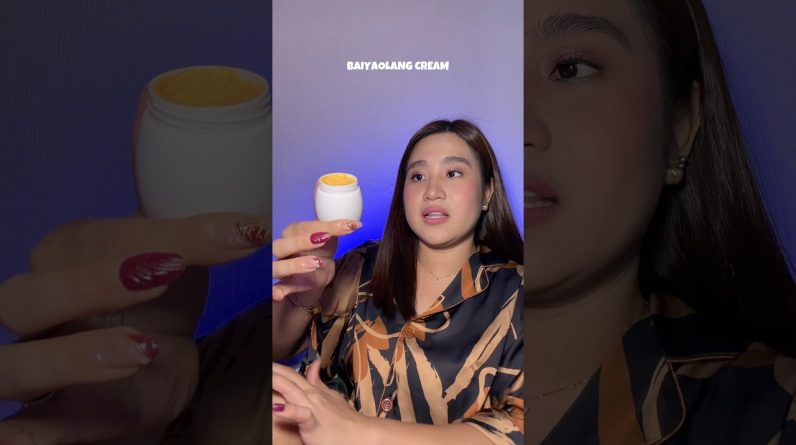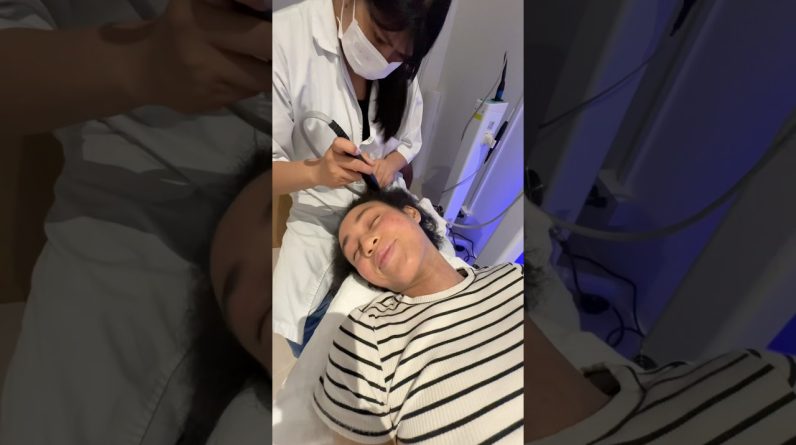Follow us on Instagram:
Follow us on Facebook:
Are you worried about seeing menopause early symptoms or perimenopause? Do you want to get on top of hormonal changes before they start to mess with your life? At our clinic, we see a lot of women going through menopause early symptoms, and who are wondering how acupuncture and Chinese herbal medicine could help.
Firstly, let’s talk about the different stages of menopause.
What is perimenopause, menopause, and postmenopausal syndrome?
Menopause refers to when a woman has had her last menstrual period.
Postmenopausal is when a woman has not had a period for at least 12 consecutive months and continues for the rest of her life in this stage. It marks the end of a woman’s reproductive life, as her ovaries no longer produce any eggs.
Currently, the average age of menopause in Australia is 51 but it can happen a lot earlier than that. Perimenopause is the transitional lead-up to menopause, it is when the hormones that stimulate the ovaries to release an egg each month, begin to decline.
When this happens ovulation and periods begin to become irregular and a range of other symptoms may appear. A woman can be in perimenopause for up to 10 years, before being declared in menopause. Perimenopause can begin as early as a woman’s mid 30’s.
What are some of the perimenopause/ menopause symptoms?
Physical symptoms
• Hot flushes and night sweats
• Vaginal dryness
• Increased need to urinate
• Headaches
• Heart palpitations
• Joint pains
• Insomnia
• Skin dryness
Psychological symptoms
• Depression
• Anxiety
• Memory loss
• Forgetfulness
• Irritability and mood swings
• Low energy
• Low libido
• Fatigue
What can be done at home to assist through the transition of perimenopause and menopause?
1. Diet- Reduce the amount of sugar, processed foods, alcohol, and coffee, while increasing the amount of water you drink per day, green leafy vegetables, and fruit will help with your energy levels, cool your body down. Also include foods with phytoestrogens such as tofu, whole grains, legumes, and whole bean soy as phytoestrogen may mimic the actions of oestrogen which is declining in menopausal women.
2. Stress-Reducing the amount of stress also is shown to help with rebalancing your hormones. Whether it is meditating, going for a walk or swim, practicing your breathwork, or talking to a friend are all ways to help reduce your daily stress levels.
3. Journaling- Going through this transition is stressful and may women struggle to talk to anyone about what they are going through. If you are struggling with your emotions, write it down in a journal and get it all out every day. This will allow you an outlet to get your frustrations out in a productive way.
4. Exercise- Maintaining a healthy weight is important not just for menopause, but overall health and wellbeing. As a woman’s oestrogen levels drop the risk of osteoporosis and cardiovascular disease increases, and so does fat around the hips and waistline. Alternate between resistance training to build strong bones and muscles, cardio exercises to strengthen your heart, and calming exercises such as yoga, chi gong, and Pilates.
How do we help women transition through menopause?
If you are considering acupuncture for menopausal symptoms, here are some great effects Chinese medicine can have on your symptoms:
• Reduces stress on the body which will help rebalance your hormones
• Reduce pain that is associated with increased aches and pain in joints that are experienced by women going through menopause
• Helps to alleviate the fatigue that some women experience during this time
We work closely with women as a health coach where we spend time analyzing all aspects of your health, hormones, and look at a variety of options that are available to assist you better while you go through this transition. We also address the underlying cause of imbalances in the body, for many this can take months with weekly treatments, however it is a worthwhile investment, to ensure you are feeling great again. It is important to have a health practitioner guiding you through your menopause journey, as sometimes it can be a difficult and confusing road.
source








